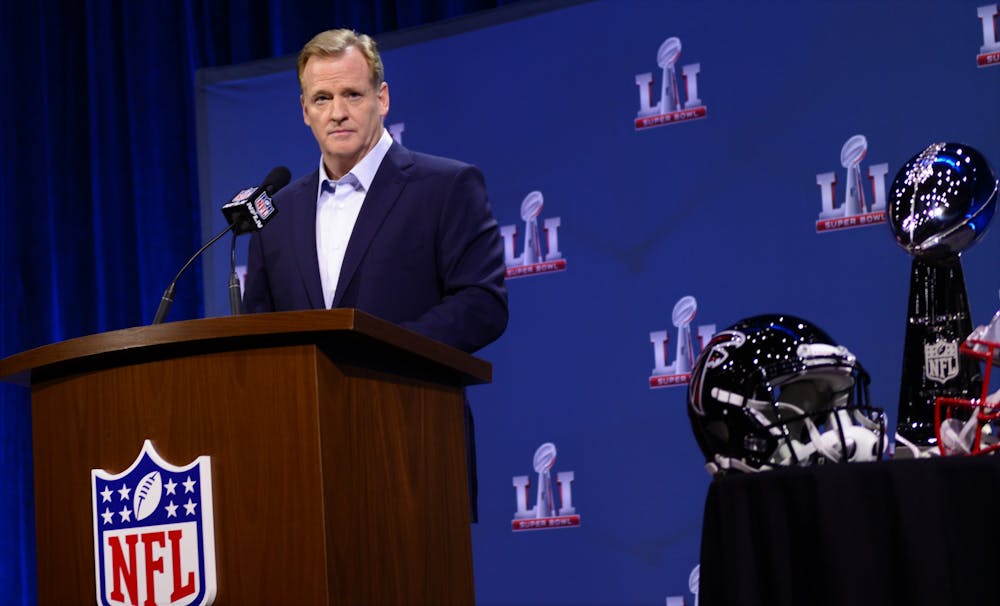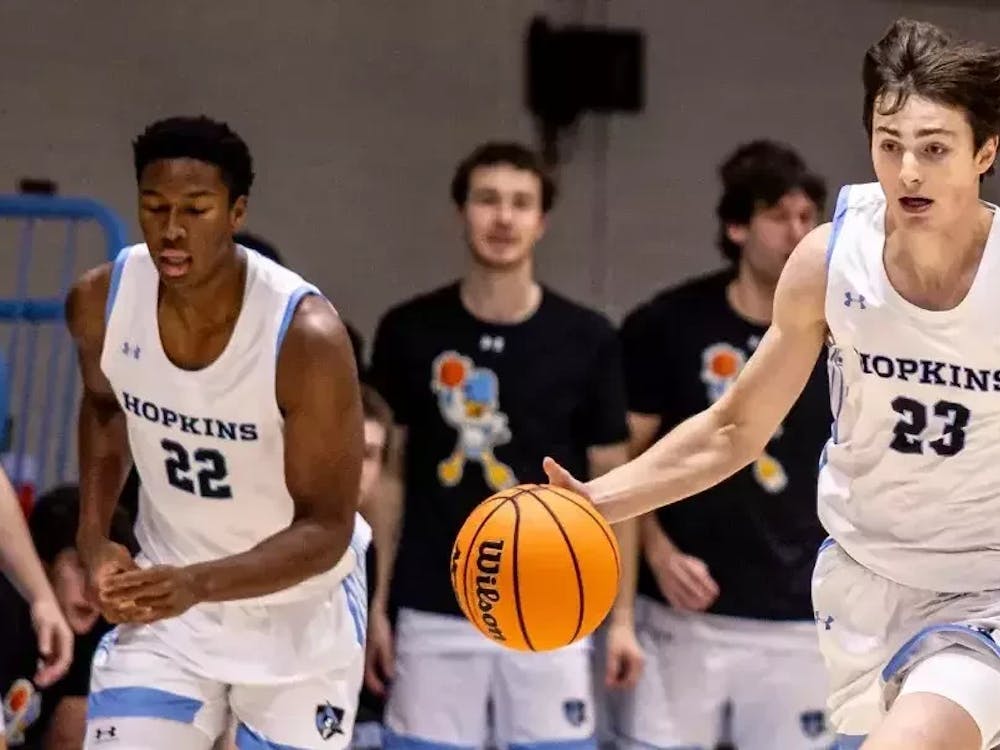
Over the course of a normal five-month season, NFL players are expected to travel the country, leave their friends and family and play 16 grueling games in all sorts of inclement weather with only one week to rest. With immense amounts of pressure, most contracts being not fully guaranteed and the risks of a potential season-ending injury every day, the life of an NFL player is tough enough.
On March 28, ESPN NFL insider Adam Schefter quietly dropped a bombshell. The NFL is going to extend its regular season to 17 games, taking one off the four-game preseason and tacking onto the end of the former 16 game regular season. Two days later, the NFL owners voted to make it official.
In the past, as the season comes to a close, teams are practically dragging themselves across the finish lines vying for a playoff spot. With the increase in regular season games, you’d think that the NFL would make a compromise to help out the players with an additional bye week. Nope. They’re going to have to change their weekly routines, training regiments and overall lifestyle to try to make it; it’s reasonable that most players are upset.
The New Orleans Saints’ star running back Alvin Kamara summed it up in a few simple words, tweeting, “Shit dumb... as hell.”
Similarly, Green Bay Packers strong safety Adrian Amos tweeted, “We really let this happen,” ending with a facepalm emoji.
Commissioner Roger Goodell tried to spin the narrative, claiming that the schedule was not “expanded” but “enhanced” to give fans a higher quality experience. He added that though the preseason was reduced, the total number of games still remains the same, meaning there shouldn’t be a difference. Last time I checked, you don’t put your backup players and practice squad in a regular season game unless you have no other choice. There’s a reason why you have starters and why they’re so valued.
The 17th game is going to be determined by the standing of the team in the previous season. For the 2021 season, the league is going to match each division with another division from the opposite conference, rotating the matches each season. Therefore, the winner of one division will play the winner of the other division and so on. So it isn’t like the other games in the season. Teams are going into that 17th game knowing exactly what kind of matchup it’s going to be.
Pay is another problem. With the addition of a new game, players should be getting paid more, but how would it work? Would they be paid the normal amount for a 16-game season and then given an “extra game check” for the final game? Would that check count against the current salary cap? How will teams accommodate and delegate money with all the different contracts?
The NFL is projected to have a little more money this upcoming season due to a 1% increase in the player’s share of league revenue and the “media kicker,” brought by the NFL’s recent $110 billion TV deal with various TV networks. This brings me to my next point.
The NFL is a business. As the most popular and highest revenue-generating major professional league, making money is the top priority. But where’s the tipping point? The shelf life of an average NFL player, just 2.5 years, is short enough. To many, the risk of an injury is not worth an extra paycheck. At what point do you prioritize your players’ health and wellness over the immeasurable surplus of money you could make off of countless promotions and deals?
Either way, what’s done is done. Regardless of whether or not you approve or disapprove of the decision, take the advice of Bruce Arians, head coach of the Super Bowl LV-winning Tampa Bay Buccaneers.
“You might as well embrace it,” he said. “You don’t have a choice. Embrace it and make sure you’re ready for it.”





